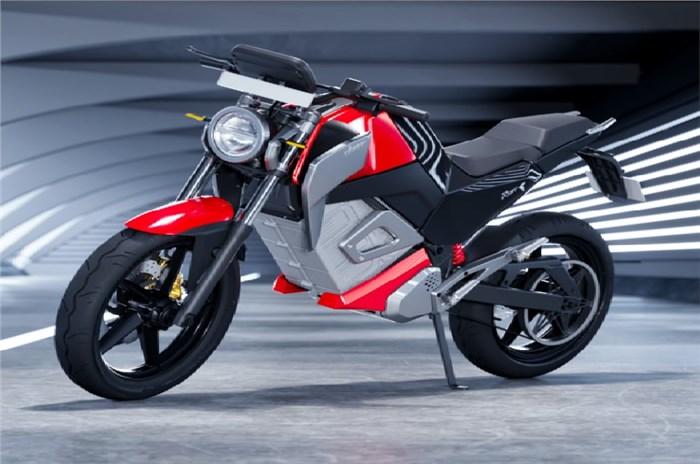Introduction: E-bikes, or electric bicycles, are gaining popularity as eco-friendly and efficient modes of transportation. They feature electric motors powered by rechargeable batteries, providing assistance to riders during pedaling. E-bikes are available in various models, including folding, cruiser, urban, mountain, and commuter variants, catering to diverse user preferences. With their numerous benefits, e-bikes are transforming the way we travel, reducing reliance on fossil fuel-dependent cars and offering a greener alternative. In this blog post, we will explore the growth of the e-bike market, the environmental advantages they offer, and the innovations driving their adoption.
Advantages of E-Bikes:
- Environmental Sustainability: E-bikes provide an eco-friendly mode of transportation, contributing to reduced carbon emissions and air pollution. By replacing car trips with e-bike commutes, individuals can actively participate in sustainable transportation practices and help improve air quality in their communities.
- Convenience and Efficiency: The electric motor assistance in e-bikes makes pedaling easier, particularly when riding uphill or covering long distances. This convenience encourages more people to consider cycling as a viable transportation option, reducing reliance on cars and promoting healthier lifestyles.
- Reduced Traffic Congestion: E-bikes offer the flexibility to ride through sidewalks and bike lanes, reducing traffic congestion on busy highways and roads. This benefits both riders and motorists, making commuting faster and more efficient for everyone.
- Lower Maintenance and Cost: E-bikes typically require less maintenance compared to cars or motorcycles. They have fewer mechanical components and don’t require fuel, making them cost-effective transportation options for daily commutes and short trips.
Market Growth Factors:
- Increasing Environmental Awareness: The rising awareness about environmental issues has fueled the demand for eco-friendly transportation alternatives. Consumers are embracing e-bikes as a sustainable mode of travel, contributing to the growth of the e-bike market.
- Logistic Applications: E-bikes are gaining traction in the logistics industry for last-mile delivery services. They offer a faster and more efficient way to deliver packages, reducing fuel consumption and optimizing delivery operations.
- Government Initiatives: Government agencies worldwide are actively promoting e-bikes through campaigns and incentives. These efforts aim to reduce fossil fuel dependency, lower air pollution levels, and improve overall air quality in cities. Incentives such as subsidies, tax benefits, and dedicated infrastructure for e-bikes are driving market growth.
- Advancements in Battery Technology: The incorporation of lithium-ion batteries in e-bikes has improved their performance and charging capabilities. Fast-charging batteries enhance user experience, making e-bikes a more viable and convenient transportation option.
- IoT Integration: Key market players are developing connected e-bikes integrated with the Internet of Things (IoT). These smart e-bikes can transmit data and communicate with cloud-based systems, providing enhanced features and functionalities for users.
- Innovations and Product Variants: The introduction of innovative product variants, such as hydrogen-powered bicycles and Smart E-Bike Monitoring Systems (SEMSs), is driving market growth. These advancements offer exciting possibilities for the future of e-bikes, including improved range, efficiency, and monitoring capabilities.
Conclusion:
E-bikes are transforming the way we commute, offering an environmentally sustainable and efficient mode of transportation. With their numerous benefits, including reduced air pollution, improved traffic flow, and cost-effective operation, e-bikes are gaining popularity across the globe. Government initiatives, advancements in battery technology, and IoT integration are driving the market growth. As innovations continue to emerge and e-bikes become more accessible and versatile, they have the potential to revolutionize urban mobility and contribute to a greener and more sustainable future.



